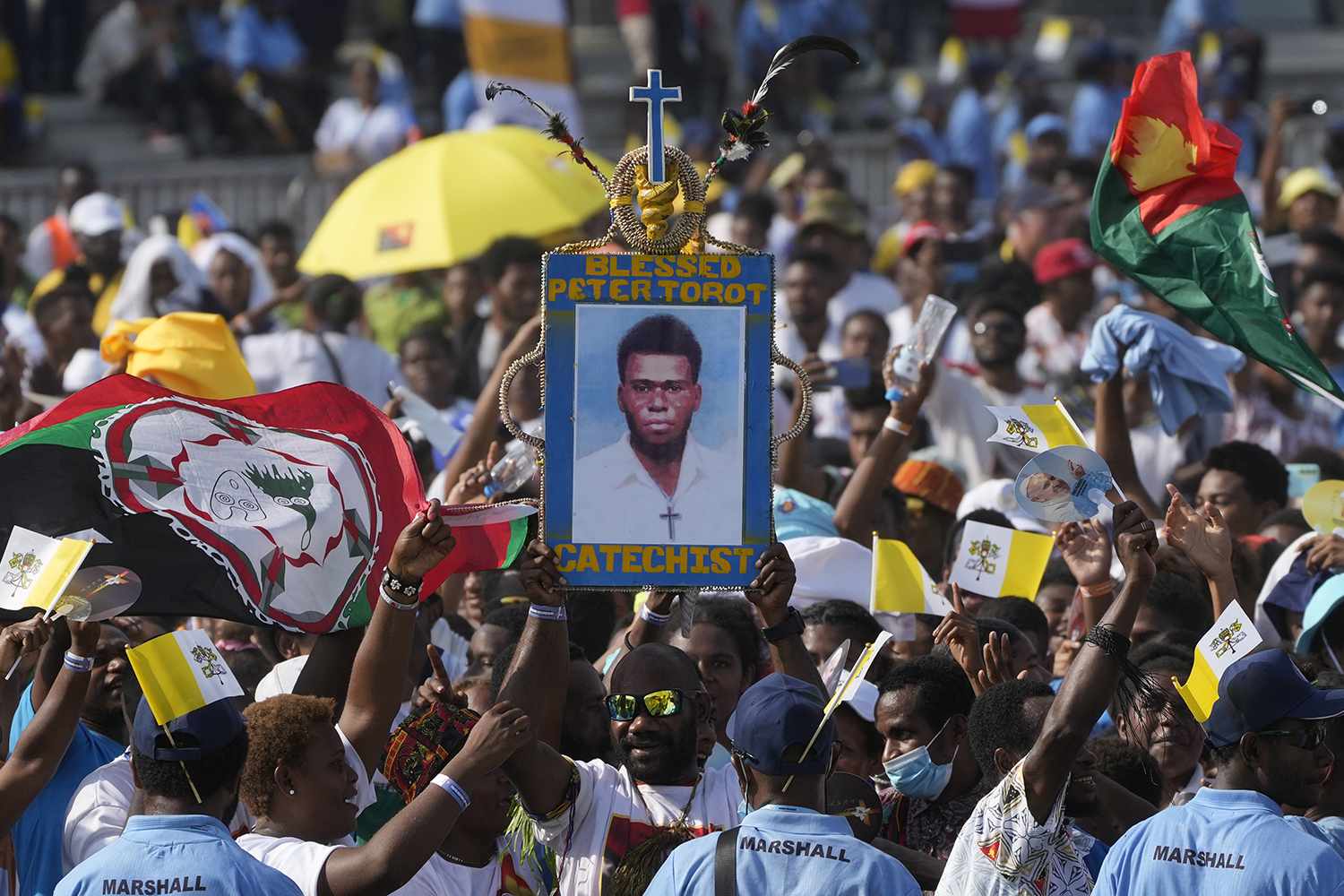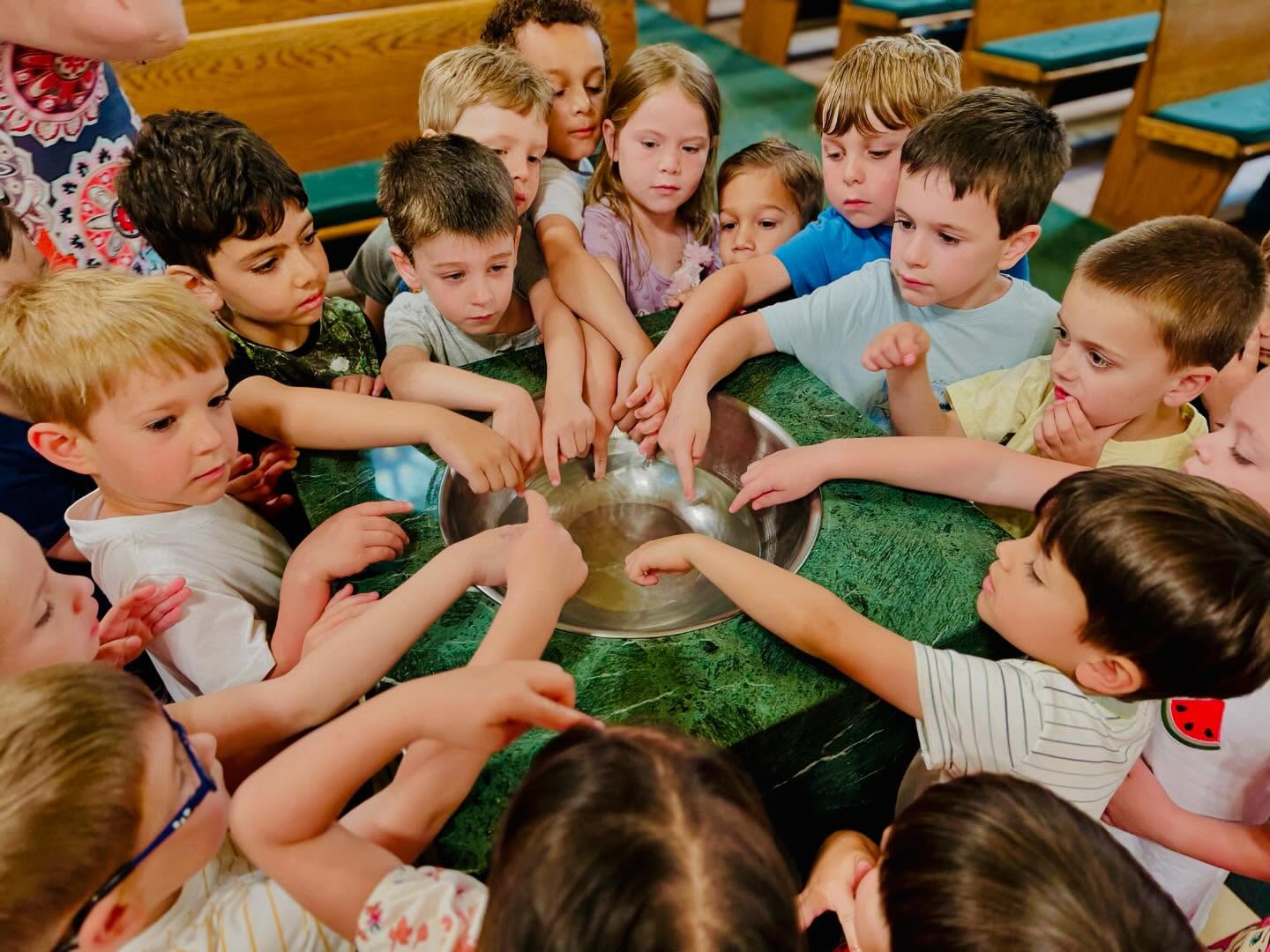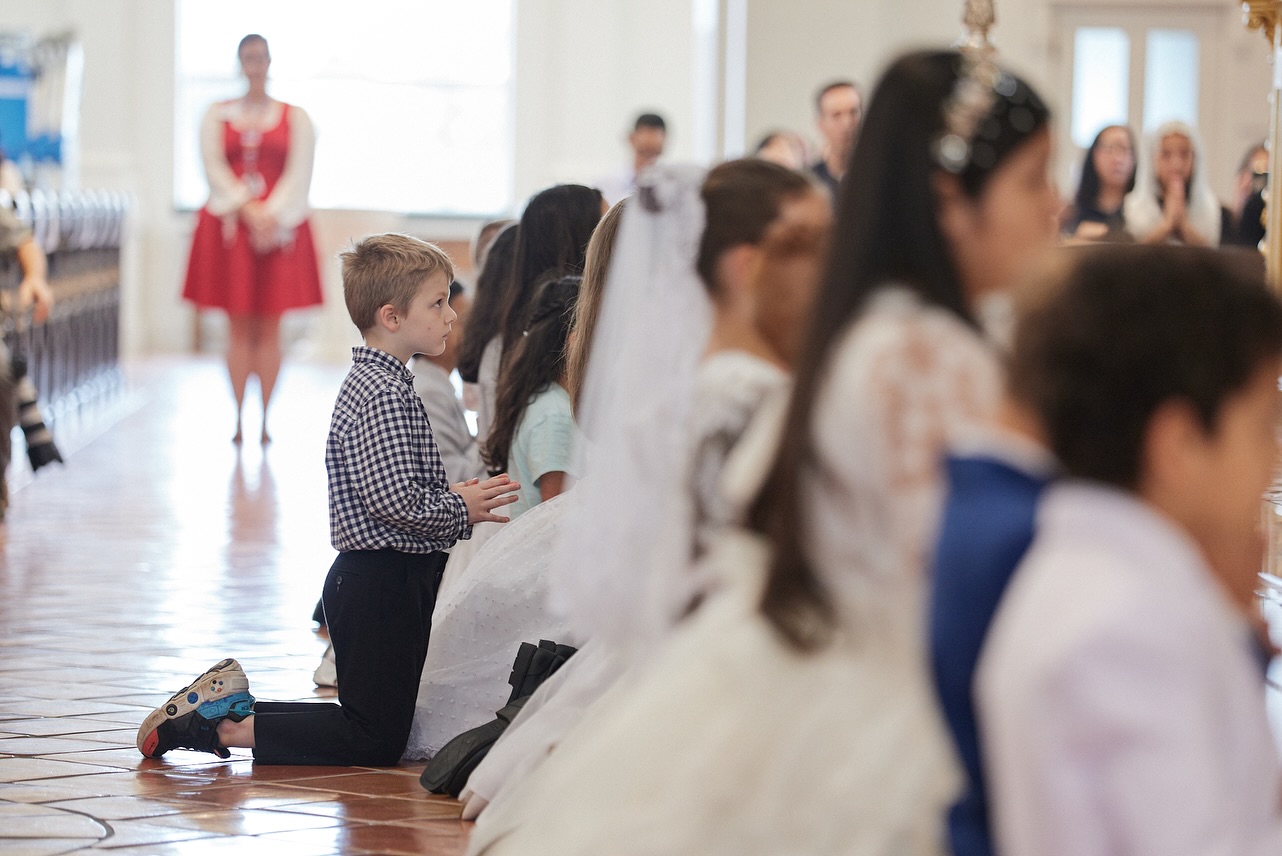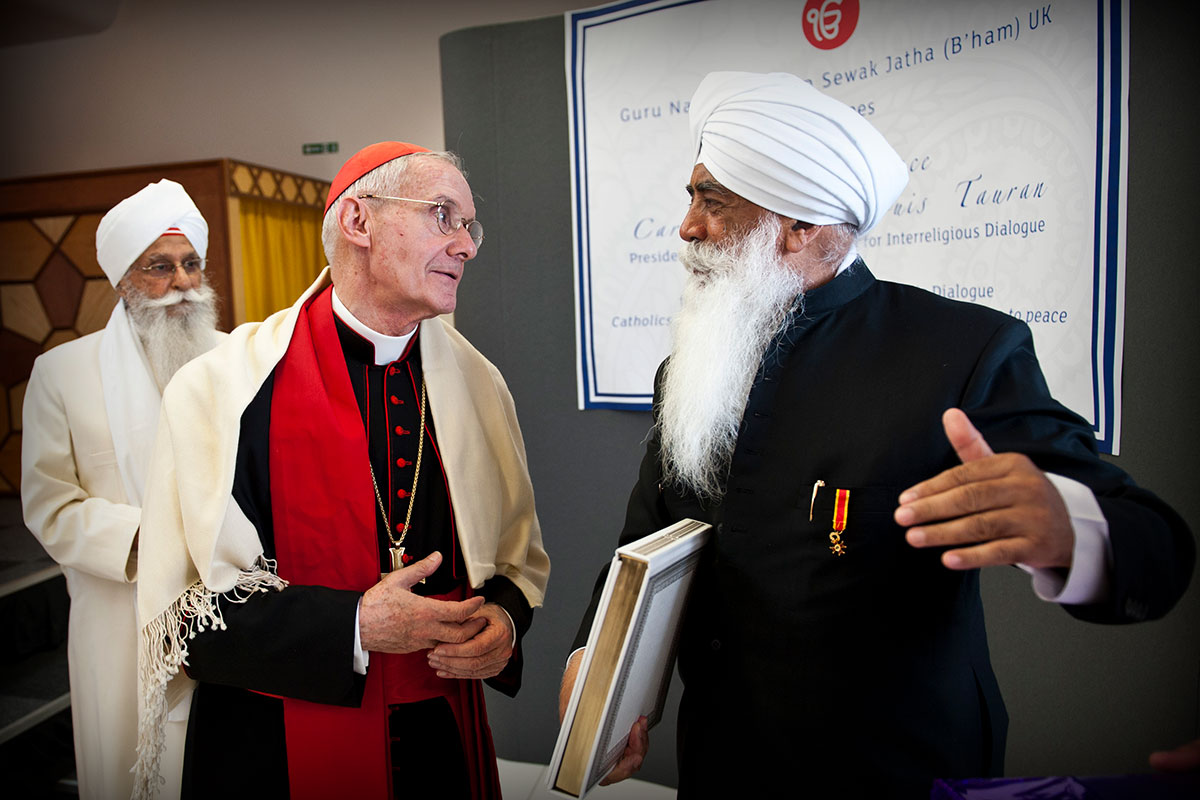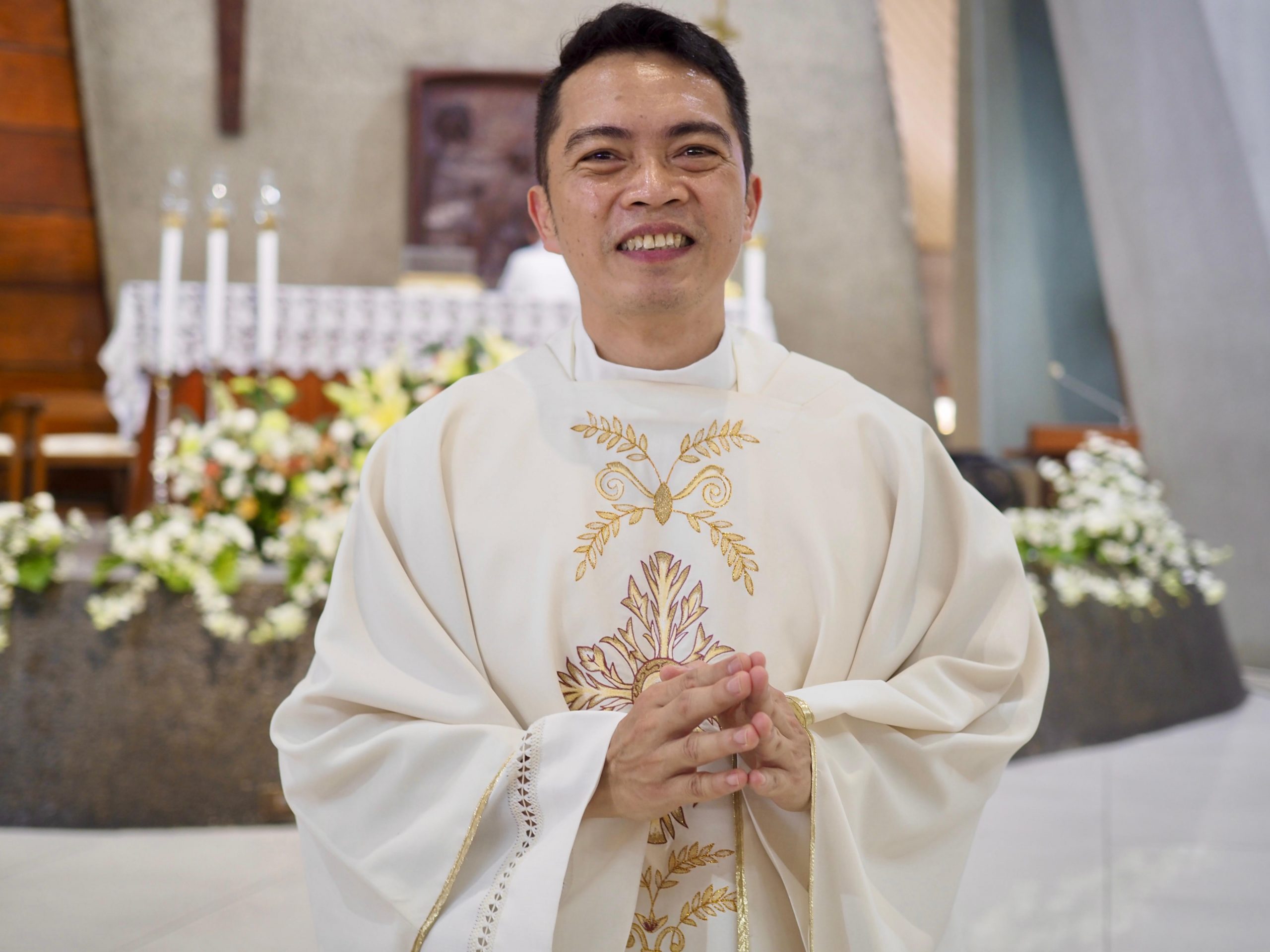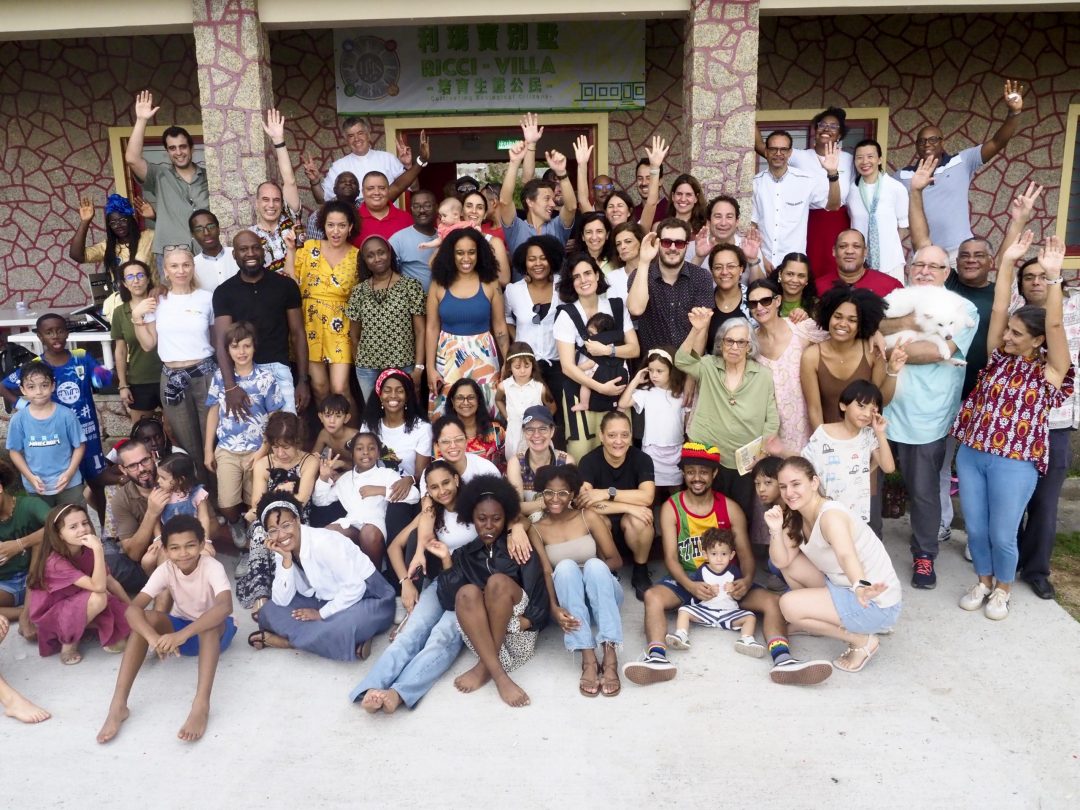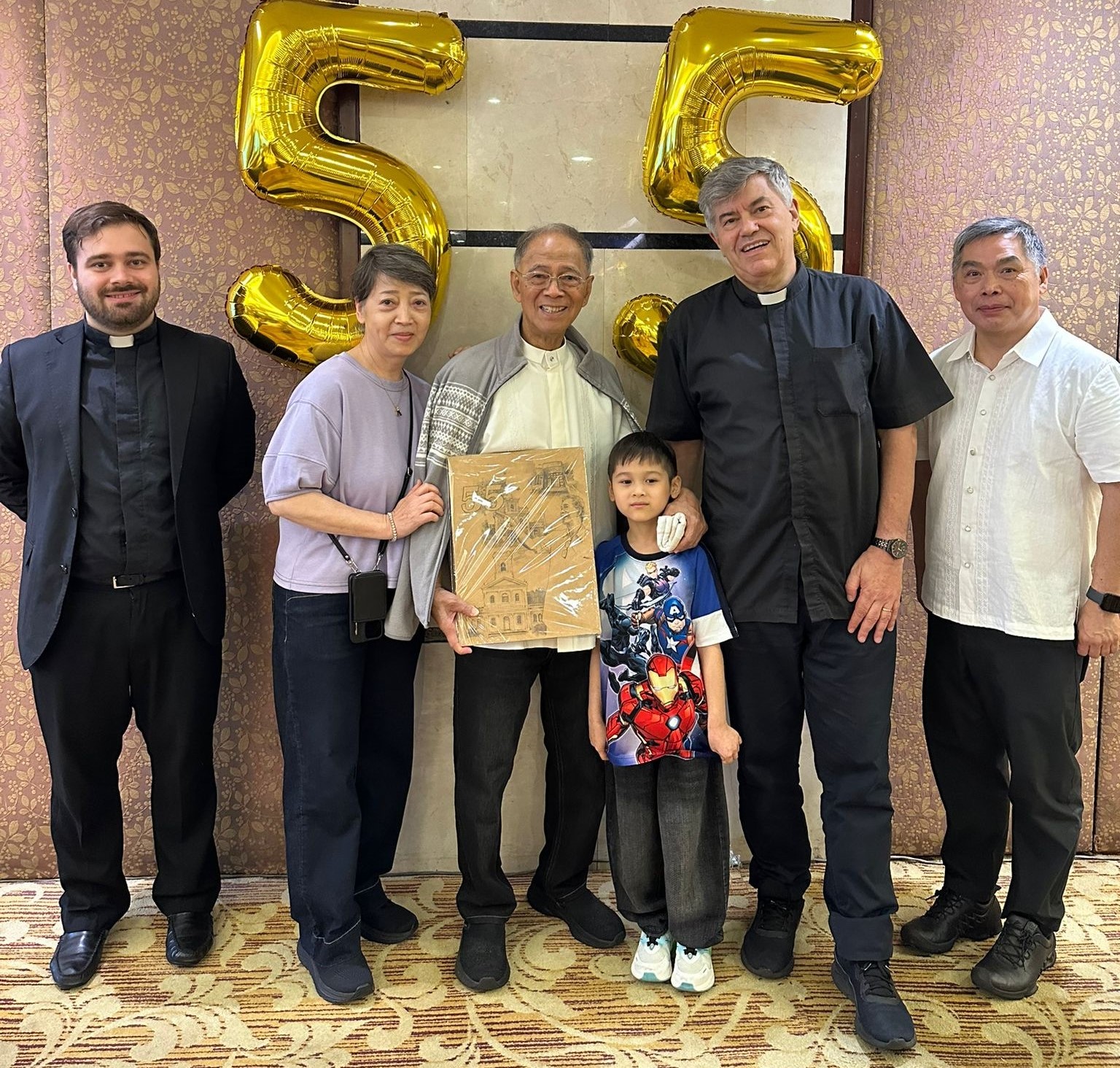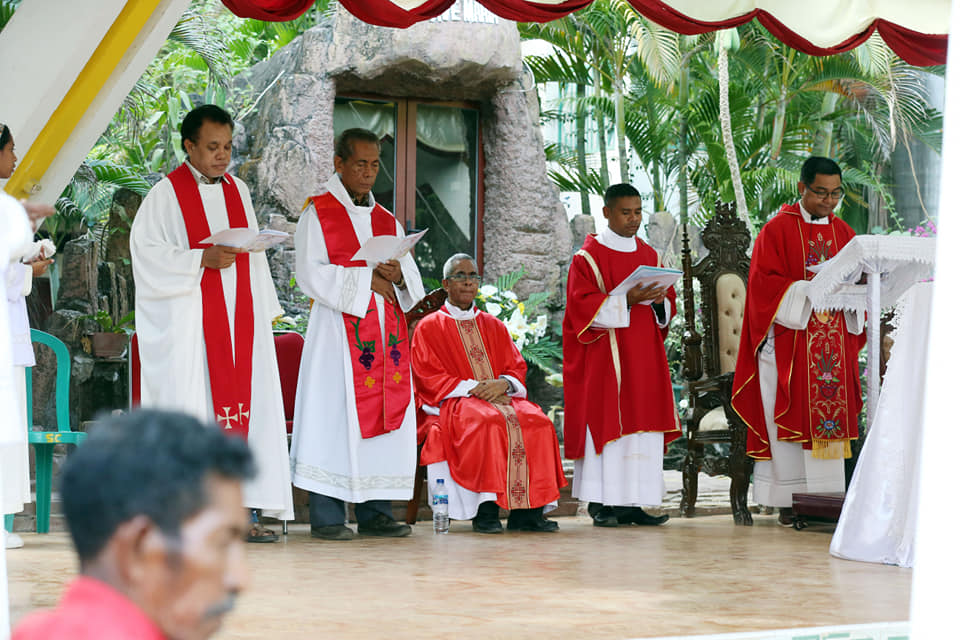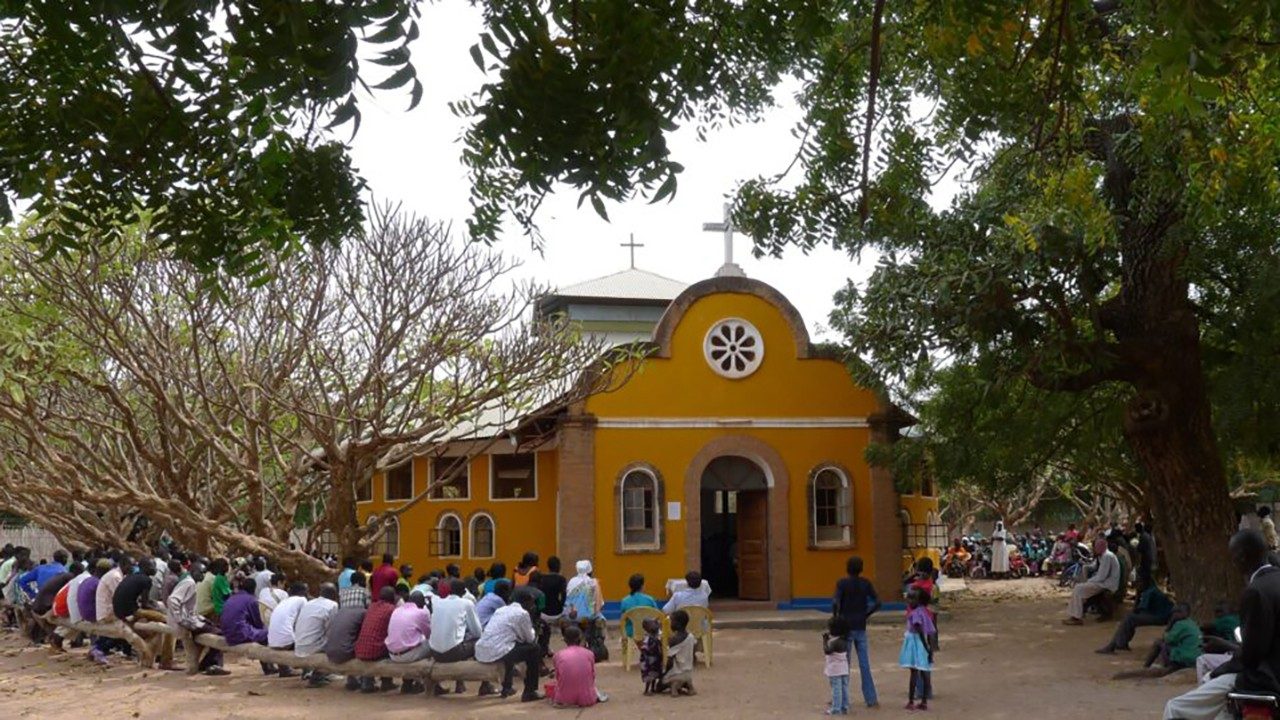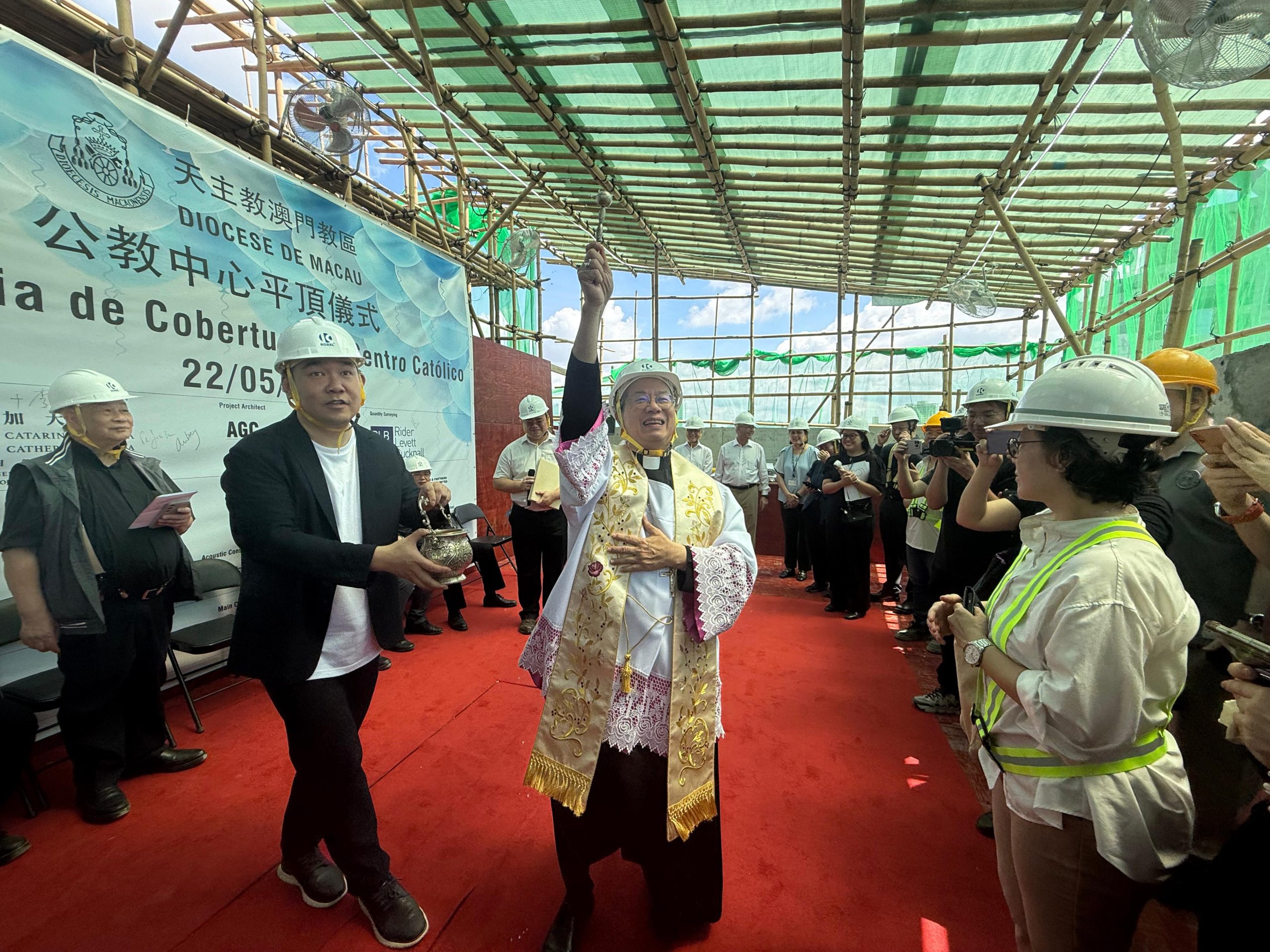This Sunday we celebrate the Solemnity of the Most Holy Trinity. We can say that the Trinity is the House of love. Through it love overflows, the world made flesh and made His dwelling among us and the human being is created us in the image and likeness of God’s love. However, due to his natural limitations and because he freely sinned, he lived partially distant from the Trinitarian communion. Even so, God did not abandon him, manifesting His grace to him in different ways until redemption was fully accomplished in the salvific life of Jesus Christ. In today’s Gospel, Jesus promises that He will send the Holy Spirit to teach us all the truth. This shows that we cannot have access to the fullness of truth nor know ourselves deeply without the help of the Trinity. This is because the human being is not self-referential. Creation and its existence are incomprehensible without the Trinity: “the mystery at its highest level, the mystery par excellence” (Cardinal Joseph Ratzinger). Based on Scripture and the Tradition of the Church, this mystery can be called “love.” Since he who loves must love something or someone, the very logic of love demands that – in divine life – there be plurality, authority, communication, reciprocity, that is, it is not just a gift of oneself, like a mirror that reflects its own image, but rather a gift in itself that, like glass, allows the ray of light to pass through it.
